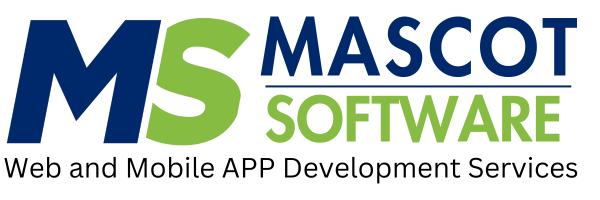
1. Flexibility and Ease of Integration
One of the primary advantages of PHP is its flexibility. PHP seamlessly integrates with various databases, such as MySQL, PostgreSQL, and SQLite, enabling developers to choose the best database solution for their needs. Additionally, PHP can be embedded within HTML, making it easy to integrate with frontend technologies like JavaScript, CSS, and various JavaScript frameworks (React, Vue.js, Angular).
This flexibility extends to its compatibility with numerous web servers (Apache, Nginx, IIS), operating systems (Windows, Linux, macOS), and protocols (HTTP, HTTPS, FTP). This broad compatibility ensures that PHP can be deployed in diverse environments, facilitating the development of cross-platform web applications.
2. Robust Framework Ecosystem
PHP boasts a robust ecosystem of frameworks that streamline the development process, enforce best practices, and enhance productivity. Popular PHP frameworks like Laravel, Symfony, CodeIgniter, and Zend Framework provide developers with powerful tools and libraries for building responsive and scalable web applications.
- Laravel: Known for its elegant syntax and extensive feature set, Laravel simplifies common tasks such as routing, authentication, and caching, allowing developers to focus on crafting unique features.
- Symfony: A highly flexible framework that excels in enterprise-level applications, Symfony offers reusable components and a strong emphasis on modularity and scalability.
- CodeIgniter: Ideal for rapid development, CodeIgniter is lightweight and easy to set up, making it perfect for small to medium-sized projects.
- Zend Framework: Now known as Laminas, this framework provides robust tools for developing complex, enterprise-grade applications.
These frameworks not only speed up development but also ensure that the applications are built on a solid foundation, enhancing maintainability and scalability.
3. Scalability: From Startups to Enterprise Solutions
Scalability is a key consideration for any web application, as it determines the ability to handle increasing loads and growing user bases. PHP is inherently scalable, making it suitable for both small startups and large enterprises. Key aspects that contribute to PHP's scalability include:
- Efficient Code Execution: PHP’s engine, particularly with the advent of PHP 7 and 8, offers significant performance improvements and efficient memory management.
- Load Balancing: PHP applications can be easily distributed across multiple servers, balancing the load and ensuring consistent performance under heavy traffic.
- Caching Mechanisms: Tools like Memcached and Redis can be integrated with PHP to cache frequently accessed data, reducing database load and speeding up response times.
These features enable PHP applications to scale horizontally and vertically, accommodating growing traffic and data volume without compromising performance.
4. Responsive Design: Meeting User Expectations
In today’s mobile-first world, creating responsive web applications that deliver a seamless experience across devices is imperative. PHP supports responsive design principles through its compatibility with frontend frameworks like Bootstrap, Foundation, and Tailwind CSS. These frameworks provide pre-built components and a grid system that ensure your PHP-powered web applications look great on any device.
Moreover, PHP can dynamically serve different content based on the user's device, optimizing performance and user experience. By leveraging PHP's ability to detect user agents and manage responsive images and content, developers can create web applications that adapt fluidly to various screen sizes and resolutions.
5. Security and Community Support
Security is paramount in web development, and PHP offers a range of features and best practices to protect applications from common vulnerabilities such as SQL injection, cross-site scripting (XSS), and cross-site request forgery (CSRF). PHP frameworks further enhance security by providing built-in protection mechanisms and enforcing secure coding practices.
The PHP community is vibrant and active, continuously contributing to the language’s development and providing a wealth of resources, tutorials, and support. This strong community presence ensures that PHP developers have access to the latest best practices, tools, and solutions for crafting secure and efficient web applications.
Conclusion: The PHP Advantage
The PHP advantage lies in its versatility, robust framework ecosystem, scalability, support for responsive design, and strong community support. These attributes make PHP an ideal choice for developing web applications that are not only dynamic and interactive but also responsive and scalable.
By leveraging PHP’s strengths, developers can craft web applications that meet the demands of modern users and businesses, delivering exceptional performance and a seamless user experience. Whether you're building a startup's MVP or an enterprise-grade solution, PHP provides the tools and capabilities to turn your vision into reality.
Happy coding, and embrace the PHP advantage to elevate your web development projects to new heights!






